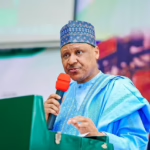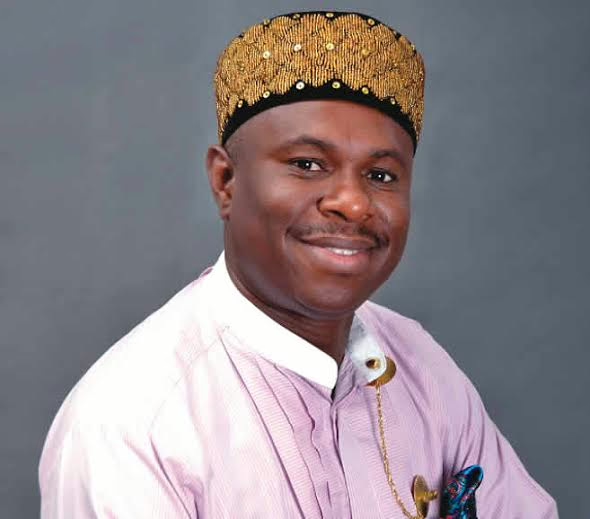Esteemed Kenyan political strategist, distinguished human rights advocate, and public thinker Professor P.L.O. Lumumba, alongside Mohamed Ibn Chambas, former President of the ECOWAS Commission and the African Union’s High Representative for Silencing the Guns, have both lauded the insightful collection titled Beneath the Surface: Essays on Nigeria’s Chequered Journey, penned by Dr. Dakuku Peterside.
Professor Lumumba remarks, “This diverse compilation of meticulously researched essays challenges the reader’s conscience by skillfully addressing a wide array of socio-political and economic obstacles that have long hindered Nigeria’s progress. Beneath the Surface serves as an essential guidebook for any responsible leader committed to the nation’s advancement.”
Mohamed Ibn Chambas, originally from Ghana and former ECOWAS president, describes the work as “an expansive, insightful, and thoroughly documented exploration of pressing Nigerian, African, and global matters, delivered with scholarly depth and clarity.”
The significance of their endorsements lies not in their prominence but in their recognition of the book’s mission: to candidly dissect complex issues, propose actionable solutions to diverse socio-political challenges, and empower readers to engage meaningfully.
Beneath the Surface: Essays on Nigeria’s Chequered Journey is a thought-provoking anthology that delves deep into the essence of Nigeria’s identity, authored by one of the country’s most acclaimed syndicated columnists, Dr. Dakuku Peterside.
The book offers a nuanced analysis of Nigeria’s multifaceted political landscape, governance dilemmas, and the intricate dynamics of power struggles that shape the nation’s trajectory.
Spanning from the global stage of international relations to the grassroots realities of local administration, it provides a balanced yet empathetic viewpoint, functioning both as a reflective account of Nigeria’s historical challenges and a strategic blueprint for future progress.
“Fundamentally, Beneath the Surface outlines the critical decisions confronting Nigeria. It illustrates how global forces-such as fluctuating commodity markets, geopolitical shifts, migration trends, environmental challenges, and technological advancements-impact Nigeria’s policies, priorities, and social climate, while emphasizing that these external pressures do not diminish the country’s capacity for self-determination. The book advocates for a future shaped by leaders who honor truth, citizens who mobilize with resilience, and institutions that thrive on transparency,” Chambas emphasized.






















